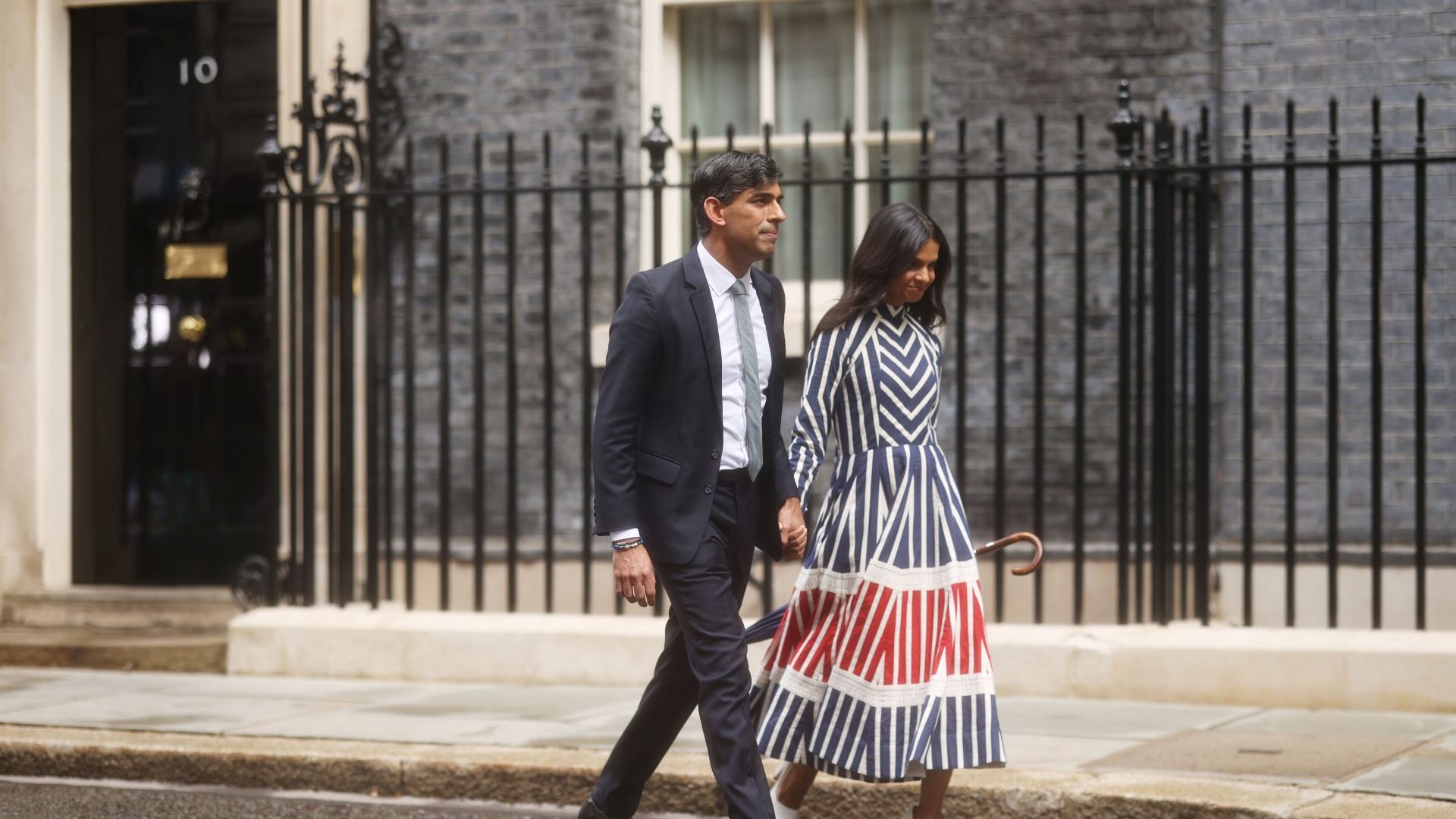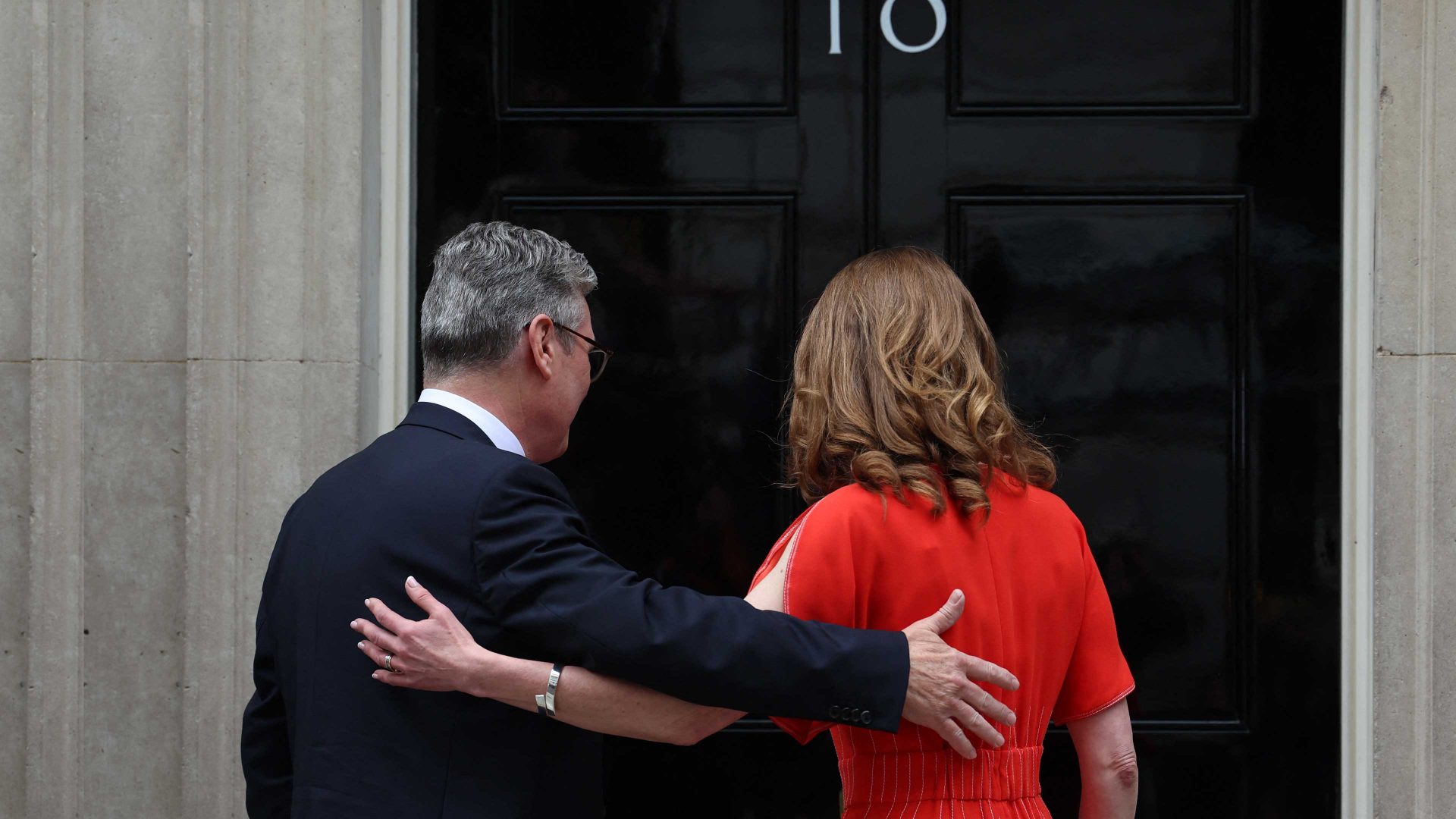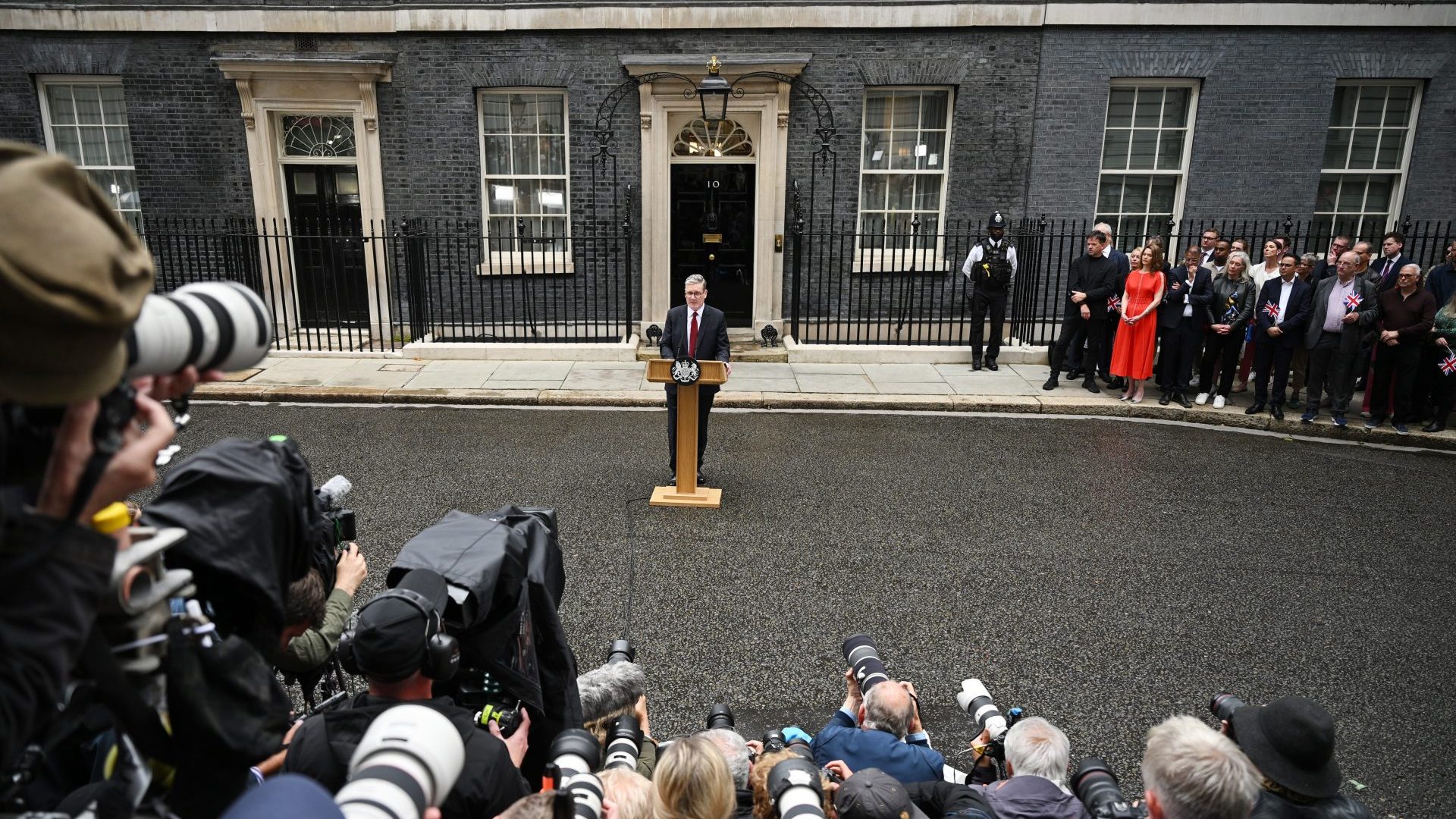I stop on my way home to pick up a newspaper. I’ve been in Toulouse for a week and haven’t found a newsagent. I ask a vendor at a crepe stand for directions. It takes a few seconds to convince him I know what I’m asking for. He looks at me quizzically. “Where are you from?”
“The UK,” I explain. “I want to read about our elections!”
“What kind of elections?”
A lack of awareness of British politics, even by the neighbours, can hardly come as a surprise. Last week, I talked to Amelie, an accountant at a tech firm in Grenoble. “I know nothing about British politics,” she said, sitting at her kitchen table. “I only remember the leader before.” She made a gesture with her hands which ordinarily might have suggested mental instability. I prompted her:
“Boris Johnson? The one with the terrible haircut?”
“Yes!” She brightened. “What a clown.” Her words carried a fond contempt for the man who had made France’s superiority so clear. Does the name “Rishi Sunak” ring a bell?
“Oh! Her! She only lasted a few days, didn’t she?”
At the kiosk, the newsagent chats in Arabic to friends while I search the racks of papers and magazines. There’s plenty of serious journalism. Most publications, however, were focused on the rise of Rassemblement National. A centre-ground victory in a non-EU country did not make Le Monde’s Friday edition. Its UK coverage was confined to a biography of the 17th-century Duchess of Newcastle. However, the Saturday edition, tucked underneath, had plenty to say.
Both La Croix and Le Monde ran profiles of Keir Starmer, recalling his contributions to the Trotskyist Socialist Alternative during his student days. This is perhaps a natural reaction for a country without a realistic option for centre left voters.
The French translation of Labour, travailliste, carries a flavour of the far left missing in English. I use it while describing the British political scene to Jean, a middle-aged man standing at my bus stop with fellow campaigners. His eyes gleam. He’s from Front Populaire, the left wing coalition that helped to head off RN in the final round of French elections. I tell him I’m trying to gauge French reaction to the British election. “Come with me,” he says and we go over to the head of operations, who is talking to a friend. “This woman’s a journalist from the UK,” he explains. “She wants to talk about the British Left.” The boss smiles with half his face. “Give me five minutes,” he says. Then my bus arrives.
Despite these linguistic misalignments, French coverage is pretty sober. Lists of the new government’s overwhelming challenges sum up the state of “Cool Britannia” gone to seed. Photos show various unsmiling images of Starmer, or Rishi Sunak with a hand to his cheek, as if brushing away a tear. The UK election is not reported as some joyful Blairite dawn. However, there’s a bass note of envy that cuts through the French coverage. Having come to see itself as the sensible nation, it’s uncomfortable to confront a British vote that delivered a result so definitive and politically stabilising – the opposite of the French outcome.
On Saturday night, I met some expat friends in a pub to watch England play in the Euros. We’re not the only ones. I haven’t heard this many British voices in months. The game goes to penalties. The bar is tense. England’s loss to Italy in the 2020 final is fresh in everyone’s minds. The racist slurs fans had directed at black England players are still impossible to separate from that event. Everyone relaxes when England get through. The players would go unabused tonight. An England supporter sways over to us uncertainly. He puts down both of his drinks in order to grip the edge of our table.
“You English?” he asks. My friend explains she’s from London.
The man snorts. It’s hard to read his expression. “That’s not England! It’s all Muslim now.”
Isabella Redmayne is a recent graduate. Her fiction has most recently been published by t’ART Press




